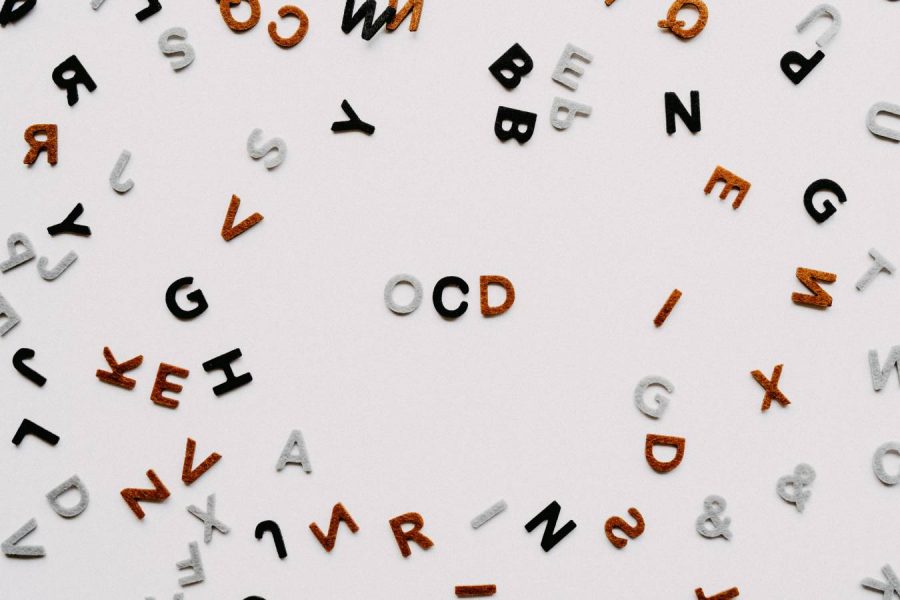When did you first realize that you needed help?
For me, it was a night when I couldn’t even make it up the stairs. That doesn’t sound like OCD, does it? Not how the media portrays it, anyway. When most people think of Obsessive-Compulsive Disorder, they think of ceaseless hand-washing or having to place things perfectly on a desk or a shelf. They think that OCD is wanting to have everything be “perfect.” To an extent, this generalization is correct. OCD does, quite often, tell the sufferer that something needs to be a certain way. But it’s so much more than that.
I had been struggling for a while. I knew that something was wrong, but I wasn’t sure what to make of it. Every day, I had to follow the same morning routine. Every night, I had to throw my pillow on the ground in a way that felt “right,” or I couldn’t go to sleep. I didn’t have an option. My disorder told me that if I didn’t, something tragic would happen to me or to my family. One night, I stayed up for two hours tossing that pillow on the ground. This sounds crazy, right? The worst part was that it was crazy to me, too. I knew that it was a ridiculous thought– that the way my pillow hit the floor would have something to do with a tragic event. But still, I couldn’t help it. That’s what OCD does. It tricks you and it lies to you, and you just have to take it. It consumes almost every thought and every action you have. When I couldn’t walk up the stairs that night without having to restart to get it “just right–” that’s when I knew what I was dealing with.
So imagine this: a professor walks away from their whiteboard after erasing it. They turn around, seeing that they missed a spot. “Ugh, I’m so OCD!” they joke, going back to get rid of the last mark. They laugh without knowing that you, sitting in the room, have had years of torment from the disorder that they just used to describe themselves jokingly. Suddenly, all your therapy and mental anguish is likened to a quirky personality trait. The next semester, a professor zooms in on the minor details of an art piece. These details are created with precision and craftsmanship. Your professor says, “The artist must have been so OCD to fill in all those minor spots.” Here’s the difference: that artist willingly crafted those details. There was no part of his brain telling him that he had to do it, that he couldn’t go on living without painstakingly filling in those details– the artist did it by choice. At that moment, I wanted to get up and walk out of the classroom without another word, and I would not have felt bad about it.
Being open about a mental illness is a difficult thing to do. You subject yourself to the preconceived notions that people associate with that illness. This is difficult enough, but what makes it even more challenging and unfruitful is when people, especially those we trust to educate and lead our youth, throw around illnesses like OCD as nothing but a personality trait that everyone seems to have. It delegitimizes the struggles of people who suffer and it reaffirms to those who don’t have the disorder that things like OCD are merely quirks.
I have had a long journey with OCD. It’s been a part of me for years now, something that I can’t turn off or ignore, even with the help that has been provided to me. It gets easier, but it never goes away. There is no cure for OCD, but there is a cure for ignorance.
Featured Image courtesy of Unsplash



















































































































April Hartman • May 13, 2022 at 10:07 am
5
Anonymous • Apr 26, 2022 at 9:56 pm
5